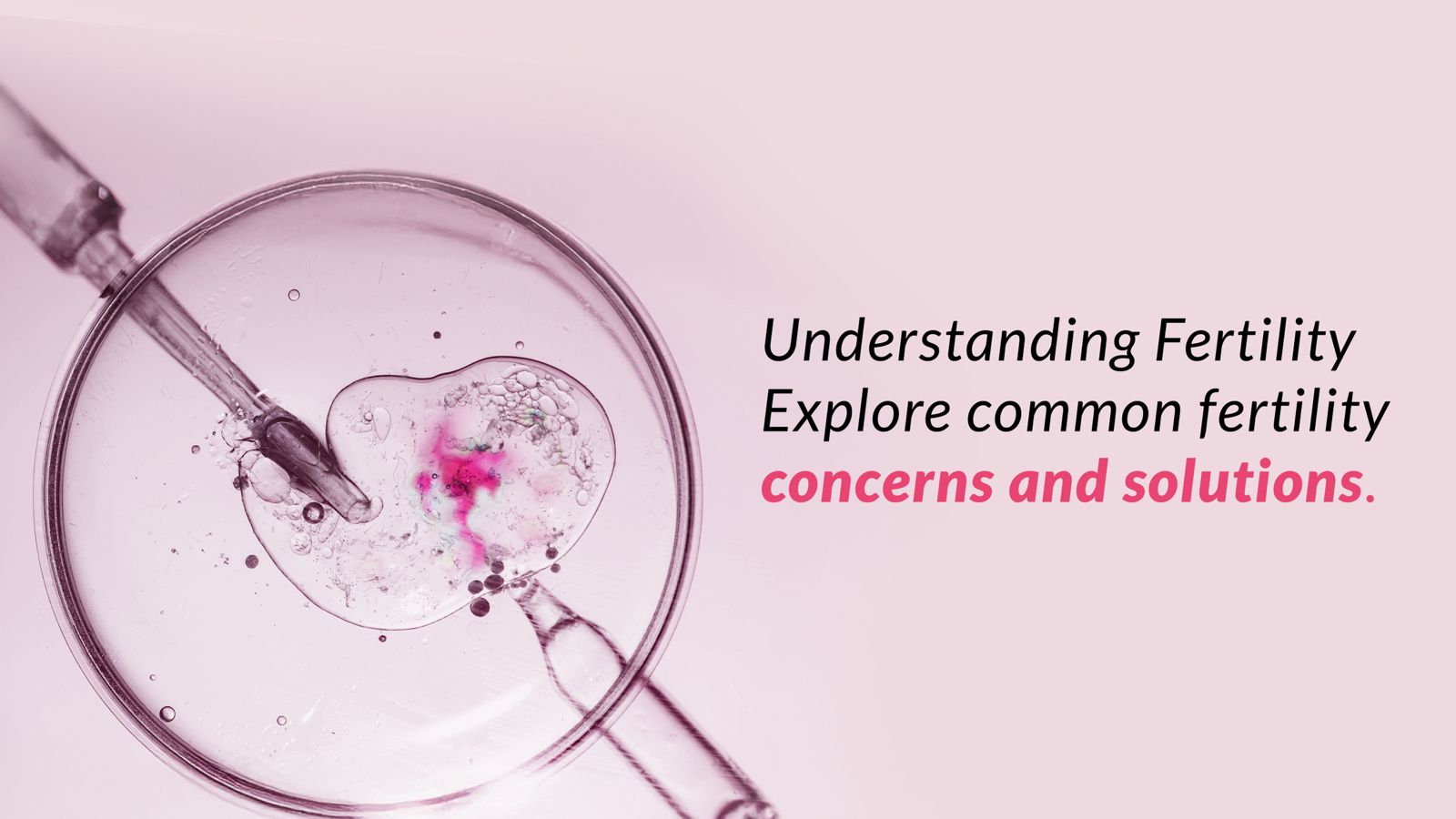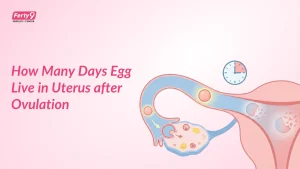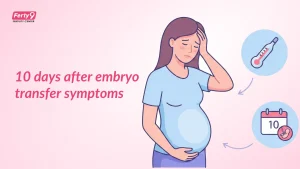Conception much depends upon one’s menstrual cycle and on hormonal imbalances and ovulation.
What is a Menstrual Cycle?
It refers to a series of changes that take place in a woman’s body each month whereby the ovary does release an egg and the uterus does prepare for pregnancy. The cycle can actually be divided into two phases: the follicular phase as well as the luteal phase.
The first day of one’s menses – or period – is day 1 of one’s cycle and the start of the follicular phase. During this phase, follicle-stimulating hormone (FSH), a female sex hormone, is indeed released from the brain to stimulate the development of a single dominant follicle that does contain one egg. During its maturation, the follicle releases estrogen which actually stimulates the growth of the uterine lining. The follicular phase does conclude at the start of ovulation. The length of this phase may indeed vary, thus resulting in most variations of total cycle length.
The luteal phase rather starts with ovulation and also continues until the onset of menses. During this phase, the ovary actually releases progesterone which does mature the uterine lining and also prepares it for the implantation of an embryo. If pregnancy does not take place, the progesterone level does drop and thus it causes bleeding. The luteal phase averages 14 days.
Does the length of a menstrual cycle matter?
The length of a menstrual cycle is actually determined by the number of days from the first day of bleeding to the start of the next menses. The length of one’s cycle, while not of course on any form of birth control, can be a good key indicator of hormonal imbalances and whether or not the required ovulation is occurring in a regular manner. Hormonal imbalances can rather affect if and when ovulation does occur during one’s cycle. Without ovulation, pregnancy cannot take place.
The normal menstrual cycle is 21 to 35 days and regular cycles do indicate that ovulation has occurred.
Cycles of a normal length do suggest regular ovulation and that all of one’s sex hormones are balanced in order to support natural conception.
A shorter menstrual cycle is less than 21 days and it is possible that ovulation may not have occurred. Shortened cycles can indicate that the ovaries do contain fewer eggs and that menopause can be approaching. If blood work does confirm this to be the case, natural conception can indeed be more difficult.
As a woman ages, her menstrual cycle shortens, and as the number of eggs available in the ovary tends to decrease, the brain does release more follicle-stimulating hormone (FSH) in order to stimulate the ovaries to develop a follicle. This results in the earlier development of the follicle and earlier ovulation and therefore shortened cycles. In addition, sometimes bleeding can also occur even when ovulation does not occur, and this may appear as shortened cycles.
In the case of a long or irregular menstrual cycle, the cycle goes on for 35 days. And it is possible ovulation has either not occurred or is occurring irregularly. Longer cycles indicate that ovulation is not occurring or at least not in a regular manner which can make conception very difficult.
Longer cycles are due to a lack of regular ovulation. During a normal cycle, it is the fall of progesterone that does bring about bleeding. If a follicle does not mature and also ovulate, progesterone is never indeed released and the lining of the uterus does continue to build in response to estrogen. Eventually, the lining becomes very thick and unstable and eventually falls and thus bleeding occurs. This bleeding can indeed be unpredictable and often at times very heavy and continue for a prolonged period of time.
What if I never menstruate?
Menstruation occurring rarely or never indicates that ovulation is not occurring. The patient will most probably find it difficult to conceive.
In case a woman does not have a period, it could be on account of not ovulating. Underweight women experience this problem. The body indeed does require a certain amount of body fat for reproduction as well as menstrual cycles to occur, and many women who are unable to gain weight will see the return of their cycle.
Weight is not the only cause of menstrual problems, as there could be a problem with the normal development process of one’s uterus or vagina. For example, if a woman had menstrual cycles previously, but then it stopped, this could be on account of a problem with the uterus itself, like scar tissue inside one’s cavity, or may be due to premature menopause. If the uterus has not formed or if menopause has occurred, pregnancy is not possible. If the absence of menses is caused due to scar tissue inside one’s uterus, then this scar tissue will need to be removed as it can interfere with implantation.
Conclusion
Any woman who happens to be less than 35 years of age with normal cycles and has been unable to get pregnant after a year of trying should consult an infertility specialist. In case one is 35 or older with a normal menstrual cycle and has been trying for 6 months to conceive but has failed to do so, one should seek medical attention. Normal menstruation indicates that one is ovulating yet there may be other reasons for not getting pregnant, and one must seek medical advice. In case one is not having normal monthly menses, even if one is spending a lot of time to conceive needs to consult an infertility expert. It is important to know that irregular or no ovulation does make conception very difficult without intervention.
Ferty9 provides the best Infertility treatment in Hyderabad with highly experienced doctors at the best price in the city. Call now to know more details.




























